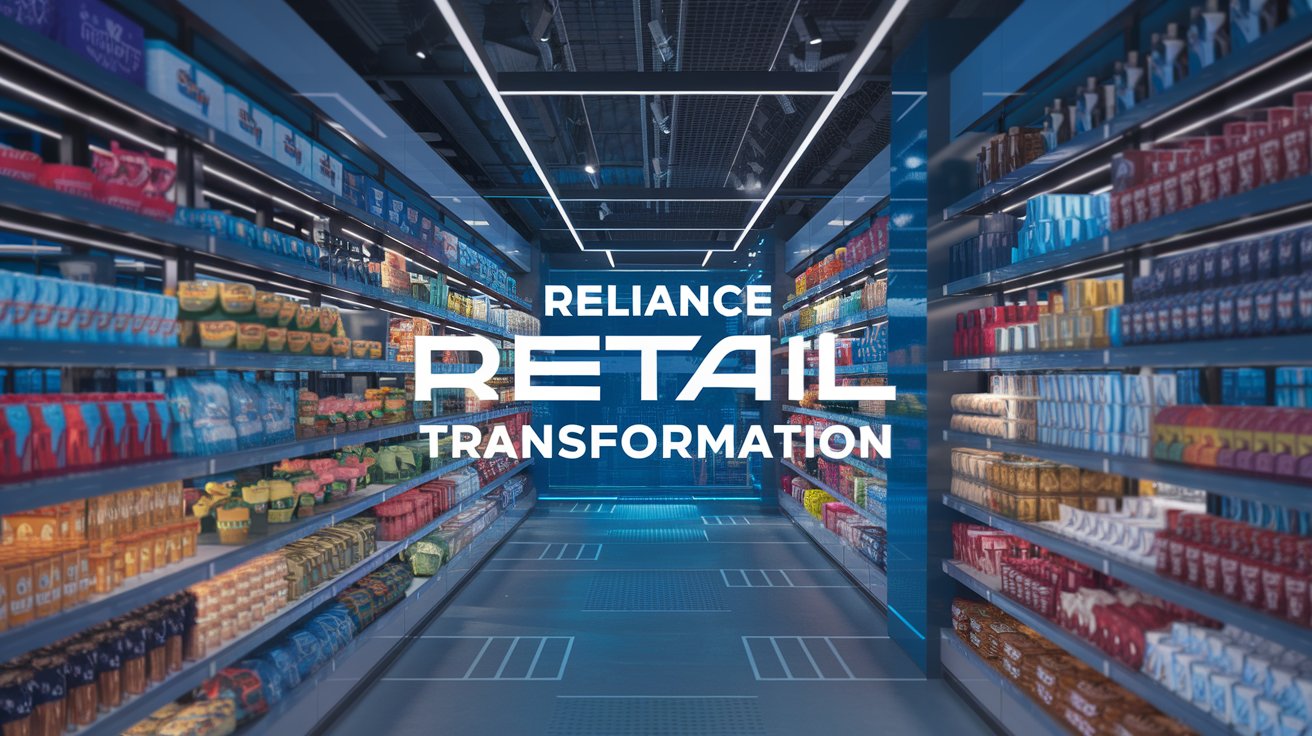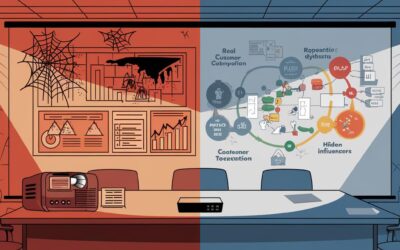Introduction
Reliance Retail is aggressively transforming India’s FMCG retail landscape by leveraging its vast retail footprint to push private labels and acquired brands. With significant square footage and high footfall across its stores, Reliance has a unique advantage—ensuring high off-take for in-house brands, thereby achieving better margins, cost control, and direct influence over supply chains. This mirrors the Costco and Aldi models, where nearly 70% of merchandise consists of private-label brands, delivering superior quality and fostering strong consumer loyalty.
Costco, for instance, has built its Kirkland Signature brand into a trusted name, ensuring high-quality products at competitive prices. Similarly, Aldi has revolutionized the European and American grocery sectors by focusing almost entirely on private labels, reducing costs and increasing customer retention. Reliance is adopting a similar strategy in India by rapidly building its in-house brands across multiple FMCG categories.
The Reliance Retail Journey: Strategic Expansion
Reliance Retail’s foray into the FMCG sector is backed by three strategic pillars:
- Brownfield Conversion: Transforming existing store formats, such as Big Bazaar outlets, into Smart Bazaar locations.
- Takeovers: Acquiring existing businesses to expand market presence, as seen with Metro Cash & Carry and Shri Kannan Departmental Store.
- Greenfield Expansion: Launching new store formats like Reliance Fresh, focused on grocery and daily essentials.
The Shift Toward Private Labels & Owned Brands
Reliance Retail is building a comprehensive FMCG ecosystem where private labels and acquired brands dominate. Below is a category-wise breakdown of how Reliance has already achieved significant control over key segments:
CategoryReliance-Owned Brands
Aerated Drinks & Soda Campa Cola, Sosyo
Hair Care Velvette
Cooking Pastes & Condiments SIL (Jams, Sauces, Cooking Pastes)
Confectionery Ravalgaon, Toffeeman
Biscuits & Cookies Maliban
Chocolates Lotus
Health & Nutrition Get Real
Health & Hygiene Enzo (Toiletries, Hygiene Products)
Non-Carbonated Beverages Raskik
Snacks & Ready-to-Eat Snactac
Packaged Staples & Essentials Independence
The Power of the Private Label Model
Costco, Aldi, and even Walmart in the U.S. have leveraged private labels as a key business strategy, with Costco’s Kirkland Signature contributing nearly 70% of sales in certain categories. Private label brands allow retailers to:
- Improve Margins: Since they own the brands, companies eliminate intermediaries, leading to significantly better profitability.
- Control Pricing and Sourcing: By managing the entire supply chain, companies like Reliance can optimize costs and ensure price competitiveness.
- Reduce Dependence on External FMCG Players: Traditional FMCG brands lose bargaining power when private labels dominate shelf space.
- Enhance Customer Loyalty: As seen in the case of Aldi, consistent product quality at lower prices ensures repeat purchases and brand trust.
Potential Issues for Existing FMCG Players in India
The rise of Reliance’s private label FMCG brands presents a formidable challenge to established multinational FMCG players in India, including Unilever, Nestlé, Coca-Cola, P&G, and PepsiCo. The following disruptions could occur:
- Loss of Shelf Space: MNC brands rely heavily on shelf presence in retail outlets, but as Reliance prioritizes its in-house brands, traditional FMCG brands may see reduced visibility and availability in Reliance-owned stores.
- Price Wars: With Reliance controlling costs through vertical integration, it can afford aggressive pricing, undercutting premium global brands that have built their market dominance on brand equity rather than cost efficiency.
- Limited Negotiation Power: As Reliance Retail strengthens its private label portfolio, MNCs may struggle with tougher contract negotiations, reduced promotional support, and declining margins.
- Supply Chain Disruptions: If Reliance extends its control over raw material sourcing and manufacturing, existing MNC brands may face cost inflation and procurement challenges.
- Market Share Erosion: With Reliance gaining consumer trust in categories traditionally dominated by global players, MNCs risk losing market share to more affordable, widely available private label alternatives.
Impact on the Media Industry
The FMCG sector is one of the largest advertisers in India, heavily investing in television, digital, and print media. A shift towards private labels under Reliance’s control could have ripple effects on media revenues:
- Decline in Advertising Spend: Traditional FMCG giants like HUL, Nestlé, and ITC contribute significantly to TV and digital ad spending. As their dominance wanes, advertising budgets may shrink, impacting media houses.
- Shift in Ad Focus: If Reliance prioritizes in-store promotions, direct consumer engagement, and reliance on its own Jio platforms, mainstream media may see reduced FMCG ad revenue.
- Reliance’s Control Over Ad Distribution: With assets like Viacom18 and JioCinema, Reliance has the capability to channel its advertising spend within its ecosystem, bypassing traditional media networks and reshaping ad industry dynamics.
The Impending Lean Period for Classical FMCG Brands
Globally, traditional FMCG brands have enjoyed a MOAT (competitive advantage) in distribution and consumer trust. However, with private labels gaining prominence, this moat is disappearing. The U.S. market has already seen this shift, with Costco, Walmart, and Target prioritizing their in-house brands over legacy FMCG products.
Reliance Retail is replicating this strategy in India, which could lead to:
- Reduced shelf space for traditional FMCG brands.
- Pricing pressure on major FMCG players as Reliance competes on cost.
- Retail giants becoming the new brand owners, shifting market dynamics.
Conclusion
Reliance Retail’s strategic pivot toward private labels and acquired FMCG brands is a game-changer. By controlling key product categories, optimizing input costs, and leveraging its retail footprint, the company is building a self-sustaining FMCG empire. This move threatens classical FMCG brands, mirroring the U.S. retail sector’s shift.
As seen with Costco, Aldi, and Walmart, private labels can erode the dominance of legacy FMCG brands, leading to long-term changes in the industry. The impact of this transformation extends beyond retail and FMCG sectors, influencing advertising revenues, brand positioning, and market control. As the industry evolves, we could witness a massive disruption where private labels take center stage, reshaping consumer preferences and market dynamics in India.
#RelianceRetail #FMCG #PrivateLabels #RetailDisruption #CostcoModel #AldiStrategy #IndiaRetail #SmartBazaar #MetroCashAndCarry #Ecommerce #D2C #RetailTrends #BrandStrategy #ConsumerGoods #RetailIndustry #BusinessGrowth #MarketShift #RetailNews #AdvertisingImpact #SupplyChain #JioCinema #RetailLeadership






